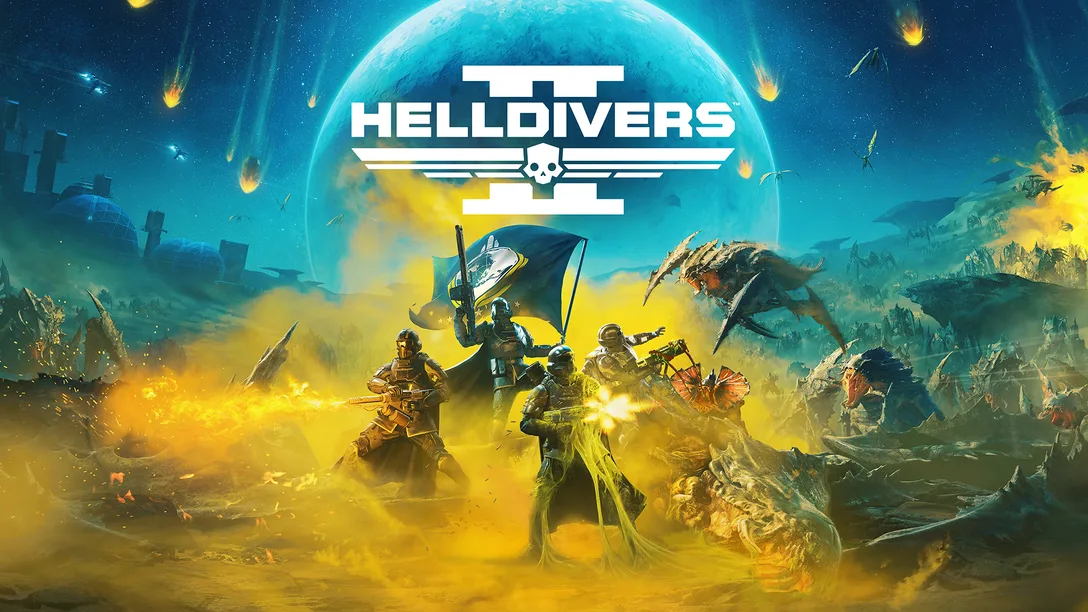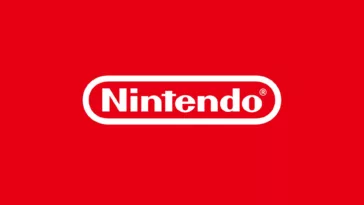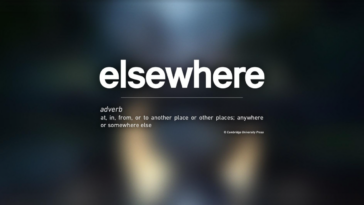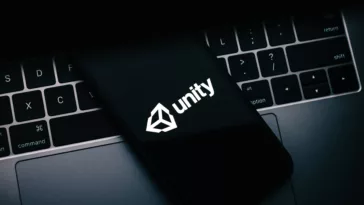Helldivers 2, the top-down cooperative shooter from Arrowhead Game Studios, enjoyed critical acclaim upon its release in 2024. However, a controversial decision by publisher Sony Interactive Entertainment (SIE) set off a firestorm of negative publicity, threatening to derail the game's success. This case study delves into the events surrounding the mandatory PlayStation Network (PSN) account linking, the community's reaction, and the lessons learned about the power of consumer voices in the digital age.
The Spark: Mandatory PSN Linking
Initially, players of Helldivers 2 on Steam enjoyed an unhindered experience. This changed abruptly when SIE announced a mandatory change, requiring players to link their Steam accounts to a PSN account to continue. SIE cited reasons focused on "safety and security," claiming the linking would offer greater protection against griefing and abuse. It positioned this as a means to more easily ban problematic players using the established tools available on the PlayStation Network.
The implications of this requirement, however, raised immediate red flags in the community. Some players expressed concerns about the potential for data harvesting, worried that SIE was more interested in gathering player information than offering genuine safety enhancements. Others resented the change being forced upon them months after the game's initial release, feeling it went against the spirit of the Steam platform. Perhaps the most pressing concern was the plight of players in regions without official PlayStation Network access. These players, having legitimately purchased the game, would be effectively locked out unless SIE addressed this regional limitation – something the initial announcement did not clarify.
The Firestorm: Negative Reviews and Growing Discord
The community's anger and disappointment were palpable. Within hours, Helldivers 2's Steam page was inundated with negative reviews (more than 400k), resulting in a stunning drop from its previous "Very Positive" rating to a dismal "Mixed." The torrent of criticism focused on several key points: data privacy concerns, the retroactive nature of the requirement, and the potential exclusion of players in regions lacking PSN support. The controversy spilled over beyond the game's dedicated community, with negative feedback even reaching other SIE titles.
The official Helldivers 2 Discord channel became a hotbed of discontent. Players flooded the channels with their frustrations, venting their anger and voicing a sense of betrayal. Community managers were visibly overwhelmed, struggling to navigate the sheer volume and intensity of criticism. The once-vibrant community, focused on collaborative gameplay and shared triumphs, had temporarily transformed into a breeding ground for negativity. Arrowhead CEO Johan Pilestedt took to social media, lamenting the situation in a tweet that reflected his own frustration and sense of helplessness. The path forward seemed fraught with peril, threatening to irreparably damage the game's reputation and its potential for long-term success.
A Turning Point: Sony Reverses Course
In a surprising turn of events, and testament to the power of community action, SIE walked back the mandatory PSN account requirement. It's clear they had severely underestimated the resistance to this change. In a statement, SIE acknowledged the player feedback and promised to learn from the experience.
Pilestedt also played a significant role by highlighting the initial decision to disable account linking at launch to ensure a smooth initial player experience. He took responsibility but reiterated his commitment to the game's development.
The aftermath left Helldivers 2 in somewhat of a precarious state. Despite the policy reversal, the thousands of negative reviews tarnished its image. The community, however, rallied together, urging players to revise their negative reviews and focus on the game's inherent qualities.
A Lesson in Community Power

The swift community backlash and Sony's eventual reversal of policy highlighted a crucial lesson: the power of the collective player voice. In an era where games are often 'living' entities, evolving alongside player input, communities are no longer passive consumers. They are active stakeholders who expect transparency and responsiveness from publishers and developers alike. The Helldivers 2 situation demonstrated that neglecting to address player concerns, especially concerning changes imposed after a game's release, can have severe consequences for even the most promising of titles.
In a post highlighting the event, Johan Pilestedt acknowledged the "willpower" of the Helldivers 2 community and thanked SIE for resolving the issue swiftly. Moreover, he championed the idea that this type of feedback loop should become the "new standard" for live service games. It's a call for a more collaborative approach to game development, where the players' voices are considered from the beginning, fostering a true sense of investment within the community.
Lessons Learned
The Helldivers 2 PSN debacle teaches us multiple lessons that resonate throughout the game development and publishing landscape:
- Community is Key: The modern gaming industry recognizes that players are not merely passive consumers of content. They are active participants in a game's ongoing life. Publishers who overlook their community, especially when implementing changes after a game's release, risk alienating their most dedicated supporters and jeopardizing a game's success.
- Transparency Matters: Surprising players with major updates or requirements can breed distrust and resentment. Clear, upfront communication from the beginning about such elements helps manage expectations and can mitigate potential backlash.
- Data Security and Regional Availability: Publishers must proactively address players' legitimate concerns related to data privacy and regional accessibility. Particularly with cross-platform play, careful consideration of data handling practices and ensuring all players have equitable access to the game is a must.
- The Power of the Steam review system: While occasionally vulnerable to abuse, the Steam review system proved a powerful tool for players. It allowed them to collectively express their opinions and ultimately affect real change with their voices.
- Course Correction is Possible: Though rare, Sony's willingness to listen and address negative feedback was a critical step. It demonstrated that even major corporations can acknowledge missteps, adapt their approach, and rebuild trust with their audience.
Helldivers 2: Looking Forward
The Helldivers 2 situation underscores the interconnectedness of publishers, developers, and the gaming community. While the community's passionate response and Sony's willingness to listen led to a positive outcome, this event undoubtedly tarnished the game's reputation and left lasting scars. It may take considerable time for Helldivers 2 to fully recover and regain its previous momentum.
Despite this, the incident reinforces the importance of a player-centric approach within the industry. By actively listening to communities, prioritizing transparent communication, and respecting players' concerns, both publishers and developers can foster healthier long-term relationships with their audiences. It's a reminder that, ultimately, players hold significant influence. When their voices unite, meaningful change is possible, demonstrating the power of community in shaping the future of gaming.




